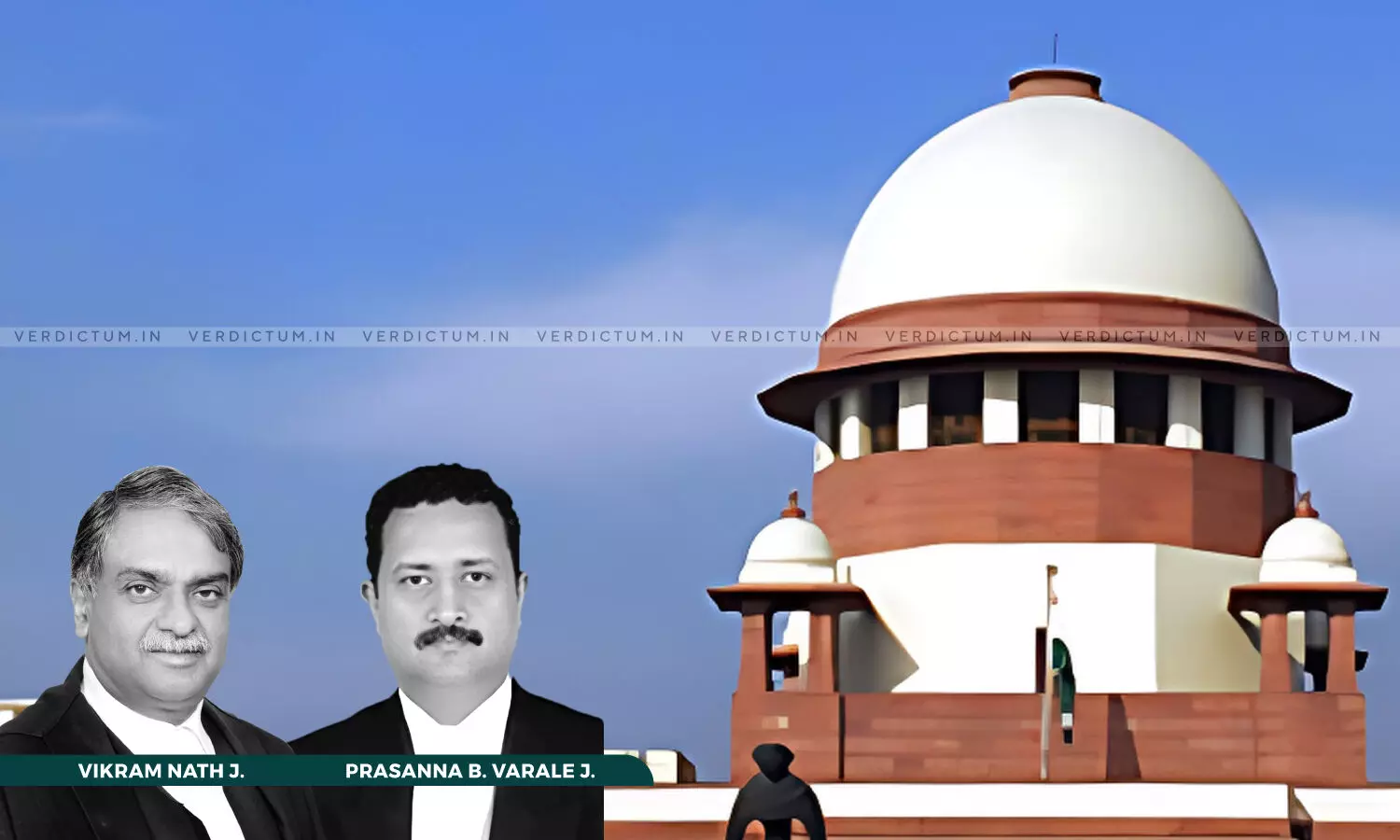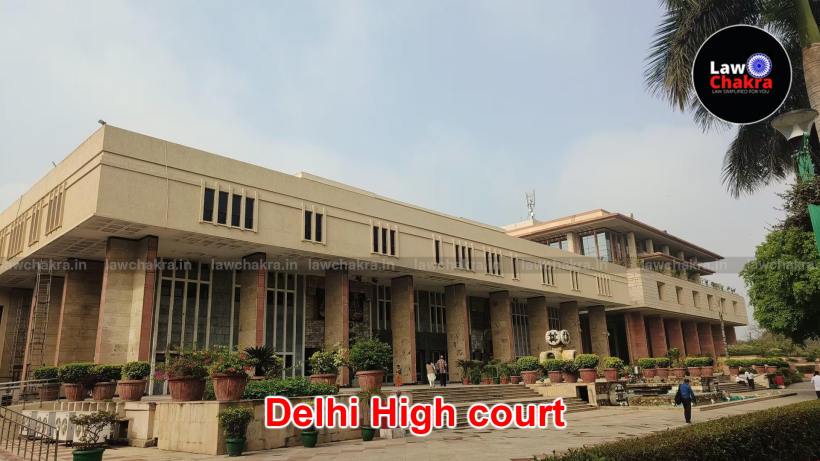Competition Law Not Designed To Humble Successful Or Clip Wings Of Enterprises That Have Secured Commanding Market Share

The Supreme Court remarked that Competition law is not designed to humble the successful or to clip the wings of enterprises that have, through industry and innovation, secured a commanding share of the market.
The Court remarked thus in Civil Appeals preferred by the Competition Commission of India (CCI) and another under Section 53T of the Competition Act, 2002, challenging a Common Order of the Competition Appellate Tribunal (COMPAT).
The two-Judge Bench of Justice Vikram Nath and Justice Prasanna B. Varale observed, “Competition law is not designed to humble the successful or to clip the wings of enterprises that have, through industry and innovation, secured a commanding share of the market. The true purpose of antitrust laws is to preserve the process of competition, i.e., to ensure that rivals may challenge the incumbent on the merits, that consumers enjoy the fruits of efficiency, and that technological progress is not stifled by artificial barriers.”
The Bench added that if mere size or success were treated as an offence, and every dominant firm exposed to sanction without tangible proof of competitive harm, the law would defeat itself: it would freeze capital formation, penalise productivity, and ultimately impoverish the very public it is meant to protect.
Senior Advocates Amit Sibal and A.N. Haksar appeared on behalf of the Appellants while Senior Advocate Percival Billimoria appeared on behalf of the Respondents.

Court’s Observations
The Supreme Court in the above regard, said, “India’s economic ascent rests on a delicate but decisive equilibrium. On the one hand, markets must remain contestable: no undertaking may extinguish rivalry by stratagems foreign to fair, merit-based competition. On the other hand, genuine achievement whether expressed in scale, efficiency or technological advance, must be rewarded and not punished, for it is the impetus for investment, innovation and consumer welfare.”
The Court noted that the Competition Act is the charter that secures both pledges: it equips the CCI with wide-ranging powers of inquiry and remedy, yet it permits intervention only where hard evidence shows that the impugned conduct has caused, or is likely to cause, a demand rigorous fact-finding, adversarial testing of testimony and, above all, an effects-based appraisal that balances commercial justification against proven harm.
“Preserving this symmetry between discipline and encouragement is essential if the statute is to nurture robust rivalry while sustaining the confidence of domestic and global investors who increasingly view India as a premier destination for enterprise and innovation”, it further remarked.
The Court also said that in today’s global economic climate, prudence is vital. It added that as the United States and Europe retreat behind their newly-minted trade walls of protectionist policies to shield their homegrown markets, India’s bid to emerge as a global centre for manufacturing, life-sciences and technology will succeed only if regulation rewards scale and intervenes solely when genuine competitive harm is shown.
“Heavy-handed enforcement, divorced from market effects, would discourage the long-term capital and expertise the economy urgently needs. An effects based standard is therefore not a mere procedural nicety. It is both a constitutional bulwark against arbitrary restraint of lawful enterprise and a strategic necessity if India is to capture the opportunities that more protectionist economies are in danger of forsaking”, it concluded.
Accordingly, the Apex Court dismissed the Appeals, affirmed the Order of the COMPAT, and directed Kapoor Glass to pay Rs. 5 lakh cost to Schott Indian within eight weeks.
Cause Title- Competition Commission of India v. Schott Glass India Pvt. Ltd. & Anr. (Neutral Citation: 2025 INSC 668)




